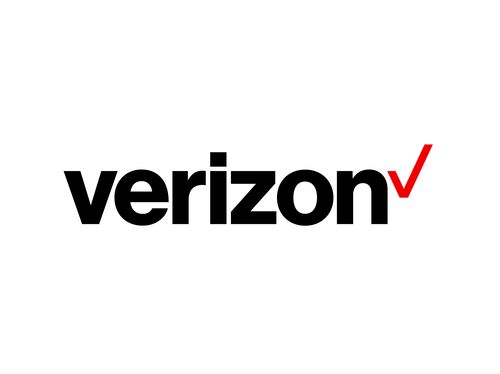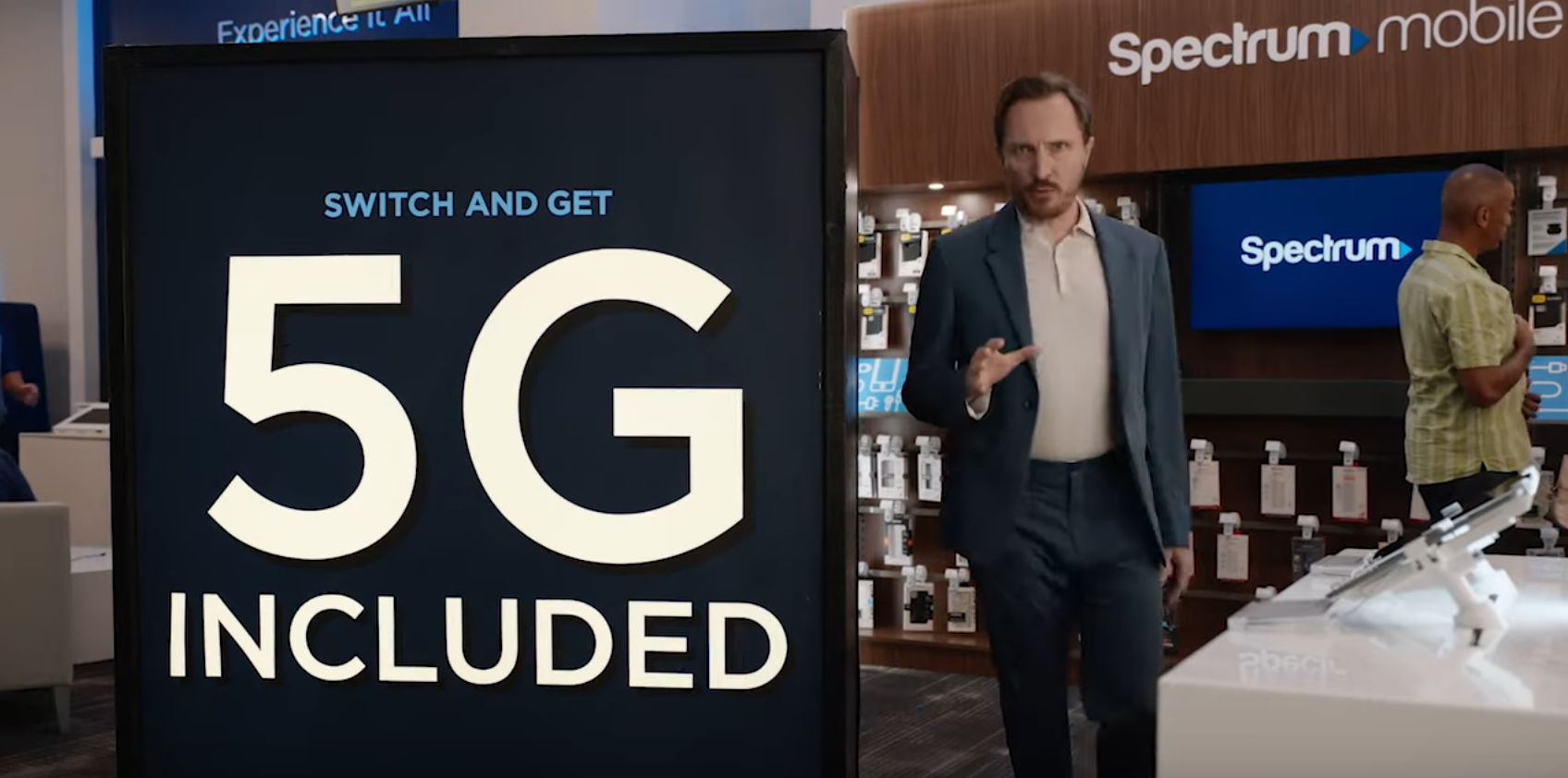
Verizon: ‘You Dunk It, We Upgrade It’
Except when there’s battery damage.
ISPs battle over who's the real Pinocchio.
After Comcast accused AT&T of spinning a web of lies about its internet service, AT&T returned the favor, accusing Comcast of making slanderous claims that it deceives consumers.
In a radio ad for its Xfinity internet service, Comcast describes AT&T as an “Internot” provider that doesn’t deliver on promised internet speeds. It defines “Internot” as “internet that could be only a fraction of the speed advertised because of where you live — and you pay the same price. Let’s hear it in a sentence: ‘I thought I could get AT&T internet with up to 50 megabit speeds. These Internot providers only delivered 10.’”
After AT&T challenged the radio ad with the National Advertising Division (The National Advertising Division (NAD) is the advertising industry’s self-regulatory body administered by the Council of Better Business Bureaus.), NAD recommended that Comcast modify the language to avoid conveying the message that AT&T doesn’t provide customers with the speed tier they sign up for. (Side note: AT&T charges $40 for the fastest internet speed available to a customer, whether that speed is 50 megabits per second, 25, 18, or 10, though a broad swath of AT&T’s customers don’t have access to 50 megabit speeds. These points were not disputed between the parties.)
NAD then turned to a couple of Xfinity TV ads similar to the one above that AT&T also challenged. They feature an AT&T employee named Greg who attends a fictional support group for liars. Pinocchio has a seat in the circle. In regard to one of these commercials, NAD found:
Comcast could not support the claim that AT&T (through the Greg character Comcast created) “was telling people everywhere that they could get AT&T Fiber when it’s really only available to, like, 10 percent of their customers.”
And so NAD recommended that Comcast discontinue the claim.
Comcast said it would appeal NAD’s recommendations to the National Advertising Review Board, arguing that NAD erred by “inserting itself into creative choices notwithstanding the validity of the underlying claims” and by “not taking seriously the impact of AT&T’s refusal to disclose material deficiencies of its network upon the competitive market.”
Find more of our coverage on internet service providers or ISPs here.
Except when there’s battery damage.
Interested in 5G? Spectrum Mobile may not have you covered.
When you don’t own what you buy.

